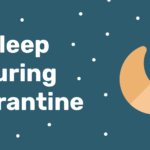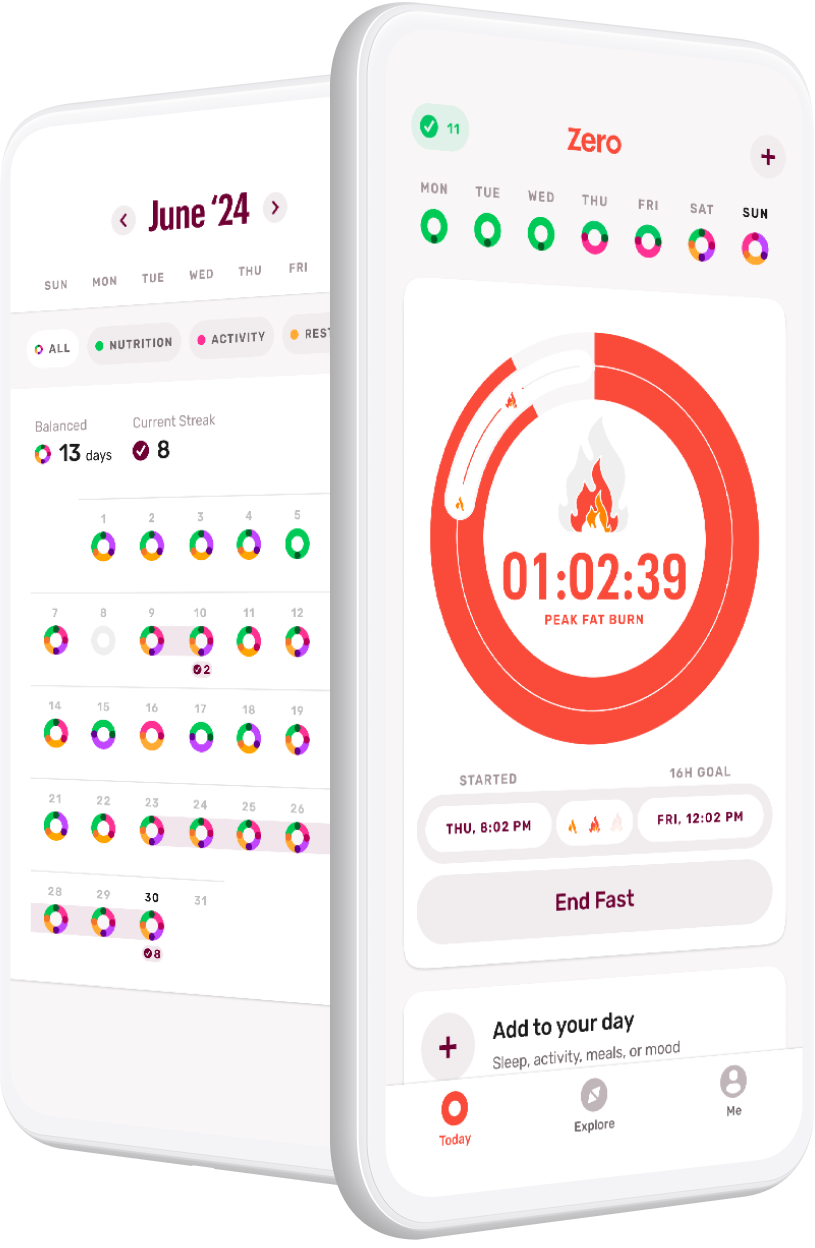Written and medically reviewed by Katya Meyers, RD
Have you ever slogged through a gym session (or skipped it altogether) after an especially late night? If so, you may intuitively recognize the connection between sleep and exercise. Skimping on sleep can disrupt your exercise routine, but the inverse is also true. Getting enough healthy sleep can enhance your performance in the gym, on the trails, or wherever you’re moving your body.
How Does Sleep Impact Your Exercise Routine?
The truth is that exercise and sleep are inextricably intertwined and influence each other in multiple complex, bidirectional ways. A significant body of research has looked into how exercise improves sleep. The reverse effects — how sleep can improve exercise — have been less well documented; however, studies examining the effects of sleep deprivation on exercise provide strong evidence that catching high-quality Zs is important if you want to nail that gym session.
Motivation (“Just Get Started”)
Getting enough sleep is vital for motivation. One recent study compared participants placed in experimentally controlled sleep duration groups of 8.5 hours or 5.5 hours per night. Those in the longer sleep duration group engaged in 24% more moderate-to-vigorous exercise than their counterparts, as well as 21 more minutes of non-sedentary activity per day. In other words, with enough sleep, you may find it easier to motivate yourself for that workout or even just to tackle daily activities such as gardening or doing laundry. Unfortunately, the reverse is also true: Sleep restriction is highly correlated with less day-to-day movement and exercise.
Perceived Exertion (“How Hard Does It Feel?”)
Then, even if you do manage to get yourself to the gym after a poor night of sleep, insufficient sleep increases the perception of difficulty during exercise. Studies where subjects were deprived of sleep for up to 72 hours found that while cardiovascular and respiratory measures remained unchanged, the time these sleep-starved people were able to maintain exercise decreased while their rate of perceived exertion (“how hard it feels”) increased. This means that the same exercises you breezed through when you were well-rested last week may feel significantly harder now that you’ve missed some shut-eye. While researchers aren’t totally sure why this is the case, one theory suggests that changes in glucose metabolism after too little sleep make energy less available to working muscles, thus increasing the perception of difficulty.
Cognitive Performance (“It’s 80% Mental”)
While research shows you can still perform maximum output movements (like 30–90-second all-out sprints or power lifts) with acute sleep deprivation, more brain and endurance-based performances don’t fare as well. Longer workouts (like a 20-minute run) or those that require a higher cognitive load (e.g. “skill sports” like tennis, basketball, or golf) are more likely to be adversely affected, often after just one night of interrupted sleep. This is likely due to the many negative effects of sleep deprivation on cognitive performance, such as slowed reaction times, memory impairment, and decrease in vigilance and sustained attention.
Recovery (“Break It Down to Build It Up”)
Improving physical performance — whether that means running faster, cycling farther, lifting more weight, or scoring more goals — is a constant dance between breaking the body down and building it back up. The “rebuilding” phase happens when you’re not exercising, which includes when you’re sleeping. Good sleep is especially critical for protein synthesis and muscle recovery. Without it, your body down-regulates the hormones that activate protein synthesis, which can lead to feeling more sore post-workout, reduced muscle-building capacity, and slower and more compromised physical recovery following injury.
Suffice to say, sleep is crucial to physical performance. So, how can you get more out of your exercise routine with better sleep? Grab your pillow and read on.
5 Ways to Leverage Sleep for Better Exercise
If you’re not already, try to leverage these healthy sleep habits for better exercise.
#1. Get Adequate Sleep
Most experts agree that 7–9 hours of sleep per night is the right amount for adults, though athletes or very active individuals may need more. College athletes that were instructed to increase their time in bed from 7–10 hours per night for five weeks (we should all be so lucky!) improved athletic performance measures ranging from swim sprint times to free-throw shot accuracy. While 10 hours of sleep each night is likely unrealistic — and may not even be necessary for most adults — if you’re getting less than the recommended minimum of 7 hours per night on a chronic basis, try to reprioritize to allow enough time for both sleep and a consistent exercise routine to fit into your busy life.
#2. Follow Good Sleep Hygiene Practices
When it comes to sleep, quantity and quality matter. Good sleep hygiene practices, such as following the same wake/sleep schedule (even on holidays and weekends) and avoiding technology 1 hour before bed, can improve sleep quality. Australian footballers who underwent a 6-week sleep habit improvement course reported less fatigue, increased vigor, and improvements in performance, such as throwing accuracy.
#3. Time Your Workouts
Exercise can help you shift and align your circadian rhythm, which can improve symptoms of jet lag or help you fall asleep and wake up earlier or later, depending on your goals. Morning and early afternoon workouts will help you fall asleep earlier, while evening workouts will help to do the opposite.
#4. Nap, but Briefly
Naps can help buffer sleep deprivation and can trigger a release of growth hormone, which is known to improve muscular recovery. And, if you fear you “don’t have time,” think again. One study examining the most beneficial amount of nap time found that the 10-minute nap was most productive in reducing fatigue and improving cognitive performance. Try to complete naps by early afternoon, and keep them to less than 30 minutes in order not to disrupt your nighttime routine.
#5. Stay Optimistic
The reality is, you’re not always going to get a great night’s sleep before a workout. But don’t stress. A few nights of disrupted sleep once in a while won’t hugely affect your workouts (if at all!). Be willing to adjust based on how you feel, and then set yourself up for a better night’s sleep the next night, so you can get back to performing at your best.
Conclusion
Sufficient sleep and regular exercise are essential parts of living a longer, healthier life. While it can be tempting to cling to an “I’ll sleep when I die” or “no pain, no gain” mindset when it comes to powering through workouts on minimal sleep, doing so can sabotage both your workouts and your overall health. Prioritize getting enough quality sleep on a regular basis to achieve more consistent, fulfilling, and productive exercise.
- The Fasting Guide to Menopause, Perimenopause, and Postmenopause - April 8, 2024
- Try This Instead of That: How to Bookend Your Fasts - March 25, 2024
- 60 Names for Sugar: The Myths, The Facts, and What You Should Know - February 12, 2024


